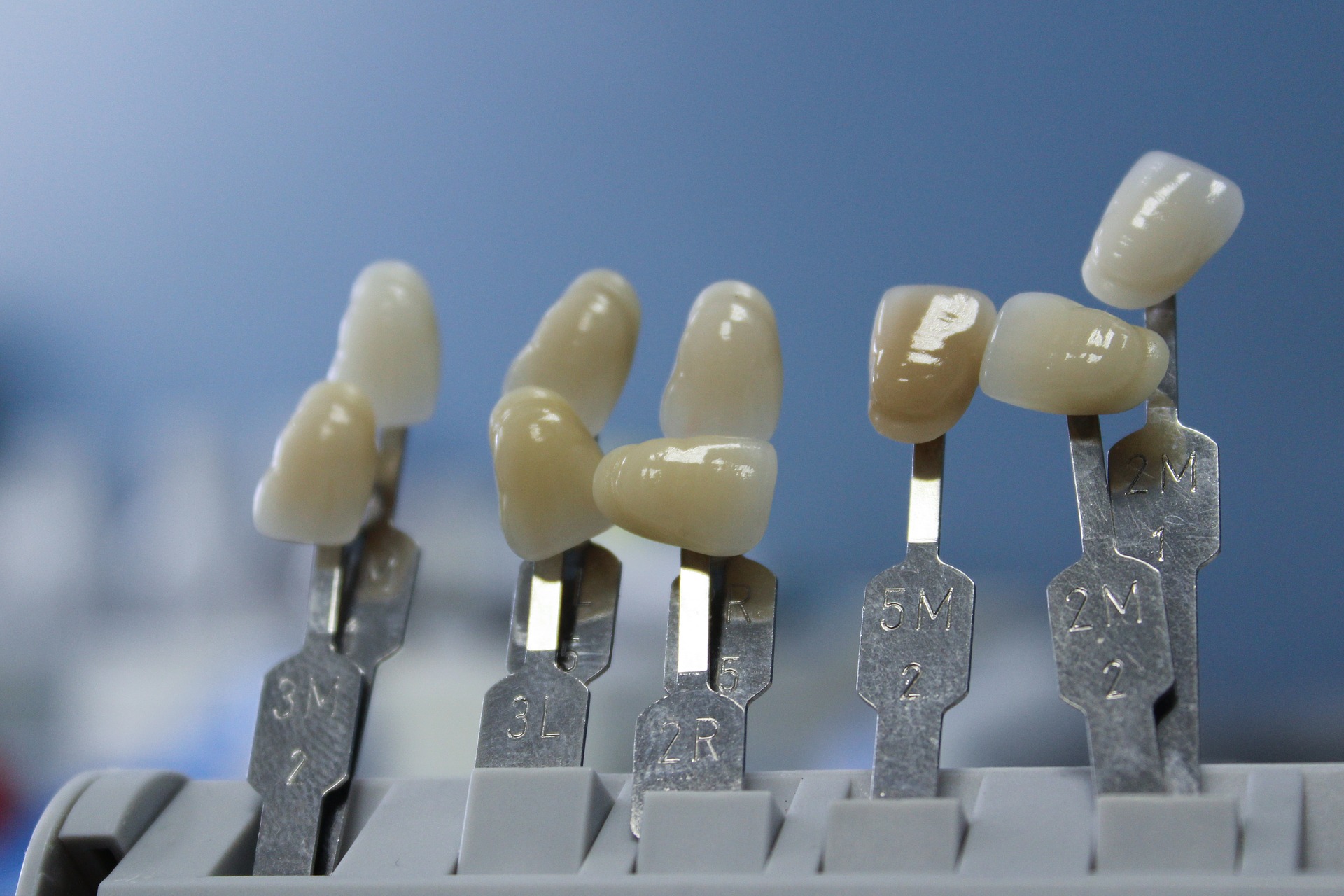
Daily dental hygiene may seem onerous at times, and it can be easy to overlook if you lead a very busy life or lack dental insurance. However, problems involving the teeth and gums can become pronounced or even serious without routine dental care and checkups. If you develop a toothache or another type of oral issue, make an appointment with the dentist for a checkup. Chances are the following procedures may be discussed or recommended.
Tooth Fillings
Many people have at least a few dental fillings. These become necessary when decay enters a tooth and erodes the enamel, causing cavities and often tooth pain. Although fillings are somewhat commonplace, they may become so numerous or large that eventually teeth will buckle and collapse, requiring removal. Even if you haven’t noticed any pain or erosion in your teeth, an overdue exam is still likely to reveal a handful of small cavities.
Periodontal Treatment
Without regular brushing and flossing of the teeth, a person’s gums can become swollen and inflamed. They may bleed when brushed, which sometimes alarms a person so that they brush even less. The goal should be to brush teeth at least twice a day and floss once, probably at night, to remove food particles and debris from between teeth and under the gum line where they cause problems. Periodontal treatment may involve medicated oral rinses, antibiotics, and special cleanings. Depending on how long this condition has been neglected, treatment may require invasive oral surgery.
Dental Implants
When a tooth becomes impacted, infected, or has advanced decay, the only solution might be to extract it. To fill the gap, the dentist may discuss the possibility of a dental implant. This will depend on the person’s health, the general oral condition of the mouth, and the extent to which an implant will address the core problem. Some people have one or more dental implants, which look like a normal tooth except they are implanted surgically on a stud that is rooted in the jaw bone. It’s also important to note that dental implant services are often provided by an oral surgeon instead of your regular dentist. If this is the case, be sure to ask your dentist for recommendations or a referral.
Orthodontic Work
Although orthodontic work often is recommended during adolescence, people of all ages are now having orthodontia work done to address dental problems and to improve their appearance. If teeth are in poor condition, some treatment plans could involve removing certain teeth and moving the remaining teeth closer together to fill the gap. The dentist will refer you to an orthodontist for a consultation if this is a feasible option.
If you haven’t kept up with your oral health, you may be in for an unpleasant surprise when you go in for a dental exam. Even so, it’s better to remedy the situation as soon as possible to avoid further complications.

